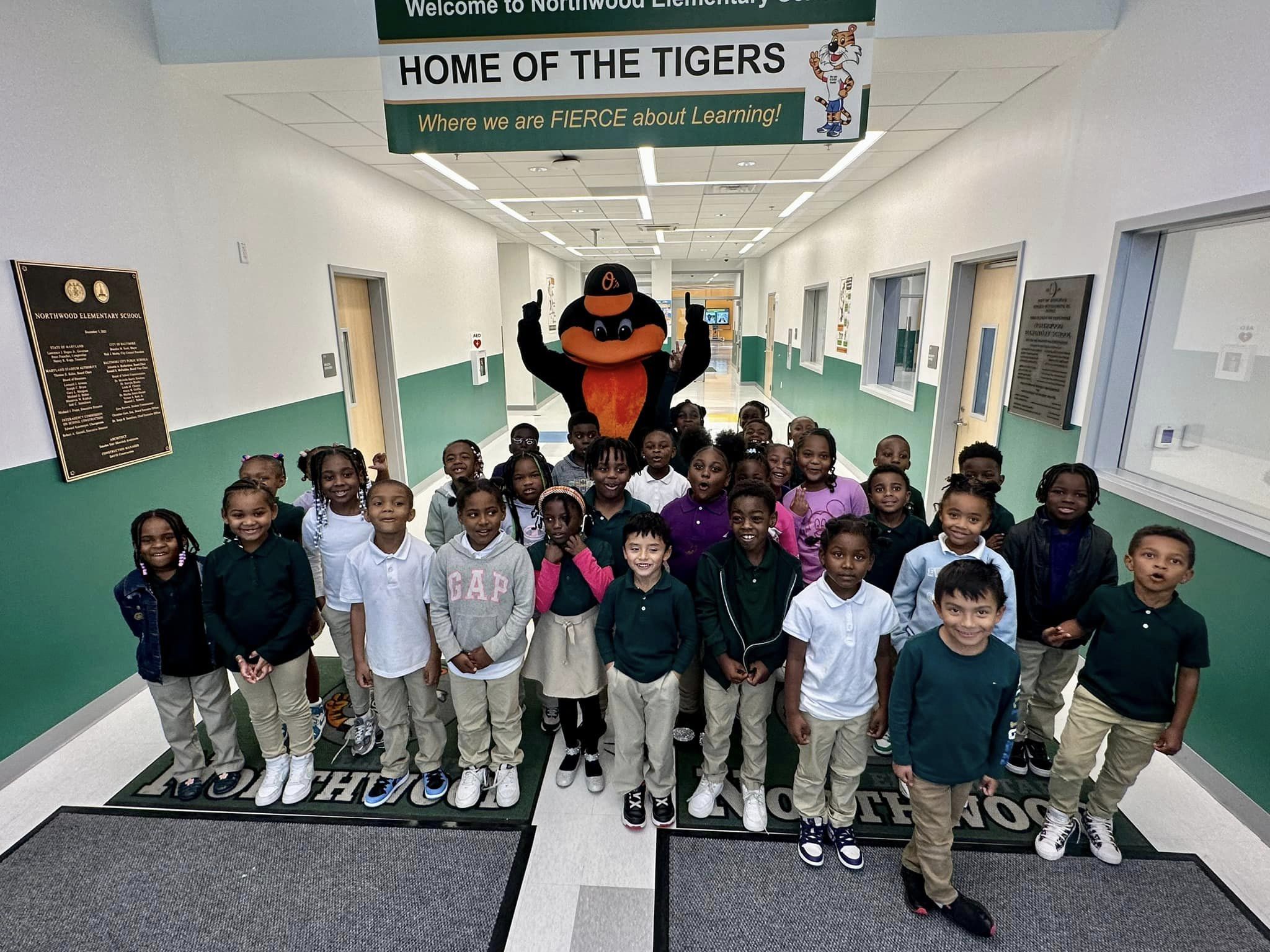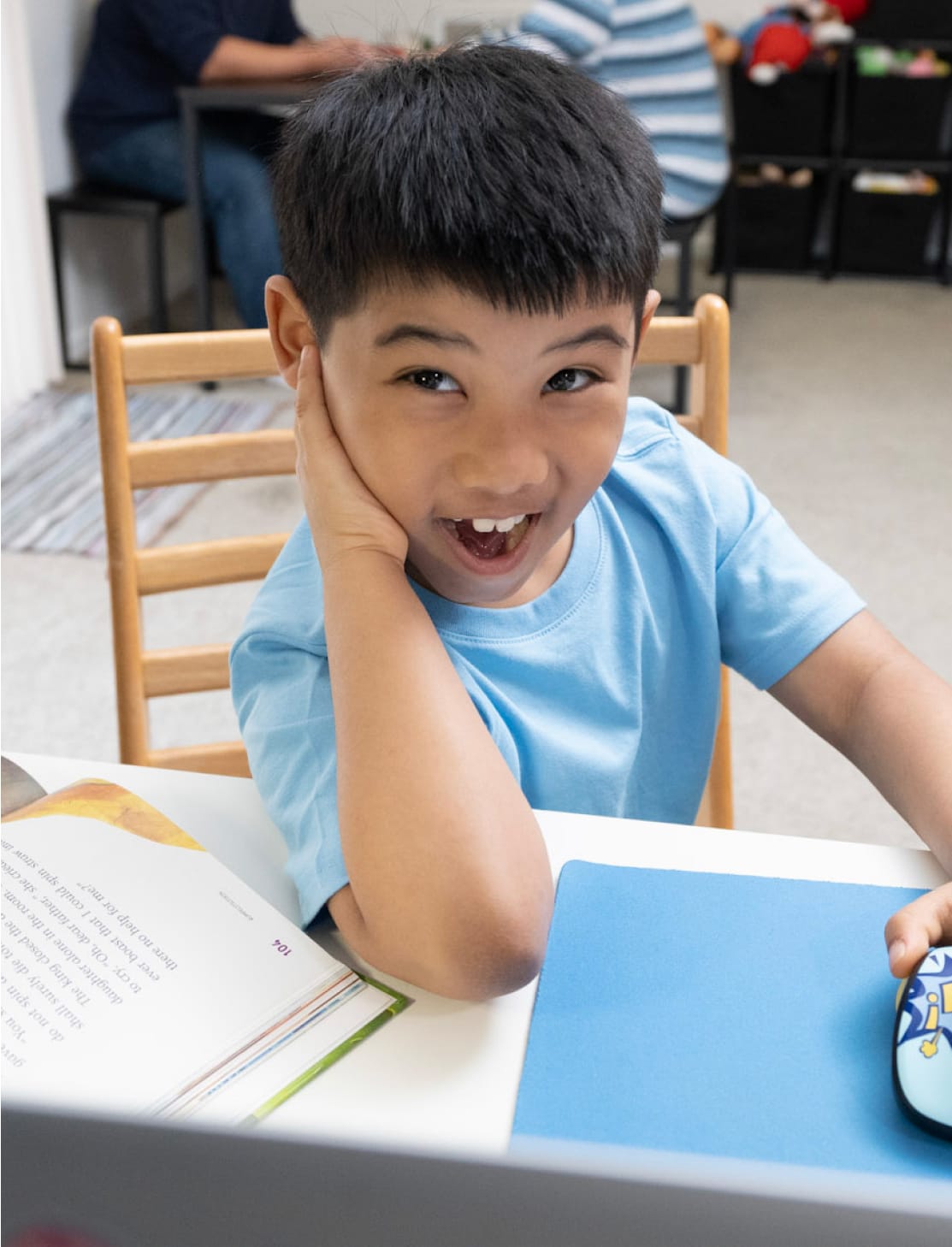Everything about Kindergarten: Understanding the Significance of Very Early Childhood Education Programs
Kindergarten works as a crucial phase in a youngster's early growth. It presents foundational abilities crucial for future discovering and social communications. Through different activities, children take part in structured play that advertises cognitive growth. Recognizing the nuances of different kindergarten programs can additionally brighten their significance. What specific benefits do these very early education experiences provide, and how do they shape a child's trajectory? The answers may be a lot more complicated than one may anticipate.

The Duty of Preschool in Child Growth
Some might check out preschool simply as a transition stage before formal education, it plays a vital role in kid development. This foundational phase fosters essential social, psychological, and cognitive abilities that are crucial for long-lasting understanding. In kindergarten, kids involve in organized play, which improves their capacity to work together, share, and settle disputes with peers. These communications lay the groundwork for healthy relationships and improved interaction skills.
Additionally, preschool presents children to standard principles in literacy and numeracy, sparking interest and a love for discovering. Educators lead trainees with tasks that promote important and problem-solving thinking, crucial elements of intellectual development. Furthermore, the atmosphere emphasizes routine and framework, aiding children establish self-control and self-reliance. By concentrating on holistic development, preschool warranties that youngsters are not just prepared academically yet also socially and mentally for the obstacles of future educational undertakings.
Trick Advantages of Early Youth Education
Early youth education uses countless benefits that can significantly impact a youngster's development and future success. Study indicates that children that join quality very early education and learning programs display boosted cognitive abilities, far better language development, and improved social abilities compared to their peers who do not participate in such programs. These foundational skills are important as they set the stage for academic achievement and long-lasting knowing.
Early education fosters emotional growth by giving children with possibilities for participating play and dispute resolution, aiding them establish strength and compassion. Furthermore, these programs usually aid bridge the space for kids from varied backgrounds, making sure fair accessibility to finding out experiences and sources
Ultimately, buying early childhood education not only advantages specific kids yet likewise contributes to more powerful areas, as enlightened individuals are more probable to engage favorably in society and the labor force.
Various Sorts Of Kindergarten Programs
Different kindergarten programs accommodate different educational ideologies and requirements. Full-day alternatives supply extensive knowing time, while the Montessori approach emphasizes independence and hands-on experiences. In addition, play-based understanding techniques foster creativity and social skills, showing the diversity in early childhood years education and learning.
Full-Day Preschool Options
Lots of parents and instructors recognize the expanding value of full-day preschool choices in early childhood education. Full-day programs normally provide an even more detailed understanding experience, enabling youngsters to take part in a range of tasks throughout the day. These choices commonly consist of a well balanced curriculum that integrates scholastic, social, and psychological development. Some districts provide conventional full-day preschool, while others might supply specialized programs, such as double language or thematic discovering environments. In addition, full-day preschool can accommodate functioning parents by lining up school hours with normal job timetables. Research suggests that students in full-day programs typically demonstrate boosted academic performance and social abilities compared to their peers in half-day setups, making these options increasingly preferred in many communities.
Montessori Method Overview
Although the Montessori approach is just among lots of academic ideologies, it has gained significant focus for its unique focus on child-led understanding and expedition. Established by Dr. Maria Montessori, this technique concentrates on fostering freedom and self-directed activity in youngsters. Classrooms are typically made to encourage motion and hands-on engagement with products, enabling youngsters to learn at their own pace. Montessori educators act as guides, assisting in finding out through observation rather than straight instruction. This technique focuses on mixed-age classrooms, advertising cooperation and peer discovering. In addition, the Montessori method stresses useful life abilities and sensory activities, aiding children establish a solid structure in both scholastic and social proficiencies. Moms and dads usually appreciate the holistic growth that this technique nurtures in their youngsters.
Play-Based Understanding Approaches
Play-based learning techniques are integral to countless kindergarten programs, emphasizing the value of play as a original site fundamental mode of finding out for kids. These techniques motivate expedition, imagination, and social communication, enabling kids to take part in hands-on experiences that promote emotional and cognitive development. Various types of play, such as imaginative, useful, and physical play, are made use of to support learning purposes throughout subjects like literacy, science, and mathematics. Furthermore, play-based programs typically integrate joint activities, advertising synergy and interaction abilities. Educators observe and assist youngsters during play, ensuring that finding out outcomes are achieved while keeping a joyous knowing atmosphere. This method not just boosts academic readiness yet also grows a long-lasting love for knowing, making it a crucial part of early youth education and learning.
The Relevance of Play in Learning
A considerable body of research emphasizes the important function of play in very early youth education and learning, showing its profound effect on discovering and growth. Play functions as a vital mechanism whereby children explore their environment, establish cognitive abilities, and improve their analytical capabilities. Taking part in creative play permits children to experiment with different functions and situations, fostering creativity and crucial reasoning.
Play-based knowing urges youngsters to involve with products and concepts in a hands-on manner, making abstract ideas much more easy to understand and concrete. This experiential learning approach not only catches youngsters's interest however likewise advertises inherent motivation, essential for lifelong understanding.
With play, youngsters additionally refine their motor abilities and spatial recognition, laying the groundwork for much more intricate academic tasks. Essentially, focusing on play in very early childhood years education and learning programs is essential for nurturing all natural development, equipping youngsters with the fundamental abilities required for their future academic trips.
Social Skills Advancement in Kindergarten
Building on the structure established through play, kindergarten acts as a vital environment for social abilities development. Throughout this formative stage, kids take part in structured activities that motivate communication with peers. Via group tasks, cooperative games, and shared tasks, they discover important skills such as communication, empathy, and problem resolution.
Teachers facilitate these communications, leading children in recognizing social hints and promoting positive partnerships. As kids browse various social situations, they establish a sense of belonging and find out to value diverse viewpoints.
Preschool offers possibilities for youngsters to exercise turn-taking, sharing, and settlement, which are crucial for building friendships. These experiences not only boost social proficiency however additionally add to emotional intelligence. Because of this, the social skills obtained in kindergarten prepared for effective interactions in later instructional settings and throughout life. The value of social skills growth in preschool can not be overemphasized.
Adult Participation in Very Early Education And Learning

In addition, when parents show an interest in their child's education and learning, it grows a positive mindset towards learning. Children are a lot more most likely to establish a sense of belonging and inspiration to prosper when they feel sustained. In addition, parental involvement can boost a child's psychological health, resulting in better strength in encountering college challenges. Fostering a joint atmosphere in between home and college is important for maximizing early instructional experiences and outcomes.
Getting ready for the Shift to Primary School
As youngsters come close to the end of their kindergarten journey, preparing for the change to primary school comes to be significantly essential. This change requires careful preparation and assistance from both parents and instructors. Familiarizing youngsters with the new setting, routines, and assumptions of elementary institution can alleviate their anxiousness and advertise confidence.
Colleges commonly offer positioning sessions that introduce children to their future classrooms and instructors, cultivating a sense of belonging. In addition, moms and dads can participate in conversations about the adjustments ahead, stressing the interesting opportunities for finding out and social interaction.
Motivating freedom in day-to-day jobs, click here to read such as dressing and following a routine, can also be advantageous. Practicing necessary skills, such as letter acknowledgment and standard math, prepares children academically for first quality.
Ultimately, a collective effort amongst moms and dads, teachers, and the neighborhood ensures a smoother change, laying a strong structure for an effective go to my site educational trip.
Frequently Asked Concerns
What Qualifications Should Kindergarten Teachers Have?
Preschool educators should have a bachelor's degree in very early childhood years education and learning or an associated field, together with state accreditation. Added qualifications might include specialized training in youngster growth, classroom administration, and effective teaching techniques.
Just how Do I Choose the Right Preschool Program?
To select the best preschool program, one need to consider elements like curriculum, training techniques, course dimension, educator certifications, and moms and dad reviews. Going to facilities and observing interactions can additionally offer beneficial understandings into the program's atmosphere.
What Should My Kid Learn in Preschool?
In kindergarten, a child ought to learn fundamental abilities such as fundamental reading and writing, counting, social interactions, analytic, and electric motor abilities. These expertises promote cognitive development and prepare them for future academic obstacles.
Exist Age Requirements for Preschool Registration?
Most states call for children to be five years of ages by a particular date, commonly September 1st, for preschool enrollment. Details age needs can vary, so checking neighborhood school district policies is necessary.
How Can I Assistance My Kid's Discovering at Home?
To sustain a youngster's learning in your home, parents can establish a routine, supply appealing instructional products, encourage analysis, join hands-on activities, and foster open communication to support inquisitiveness and crucial thinking skills.
Preschool serves as a vital phase in a child's early development. Some may view preschool just as a transition phase prior to official schooling, it plays a necessary duty in kid growth. In enhancement, kindergarten presents kids to standard concepts in literacy and numeracy, stimulating inquisitiveness and a love for learning. Play-based learning methods are integral to countless kindergarten programs, stressing the significance of play as a basic mode of finding out for young children. In kindergarten, a youngster ought to find out fundamental abilities such as fundamental reading and writing, counting, social communications, problem-solving, and motor skills.